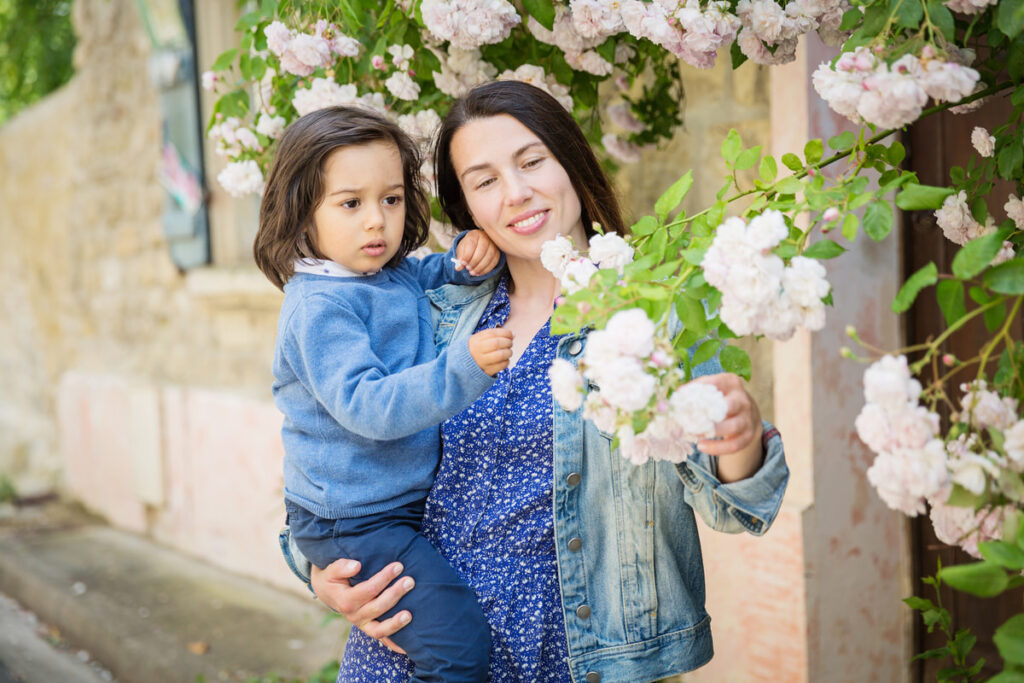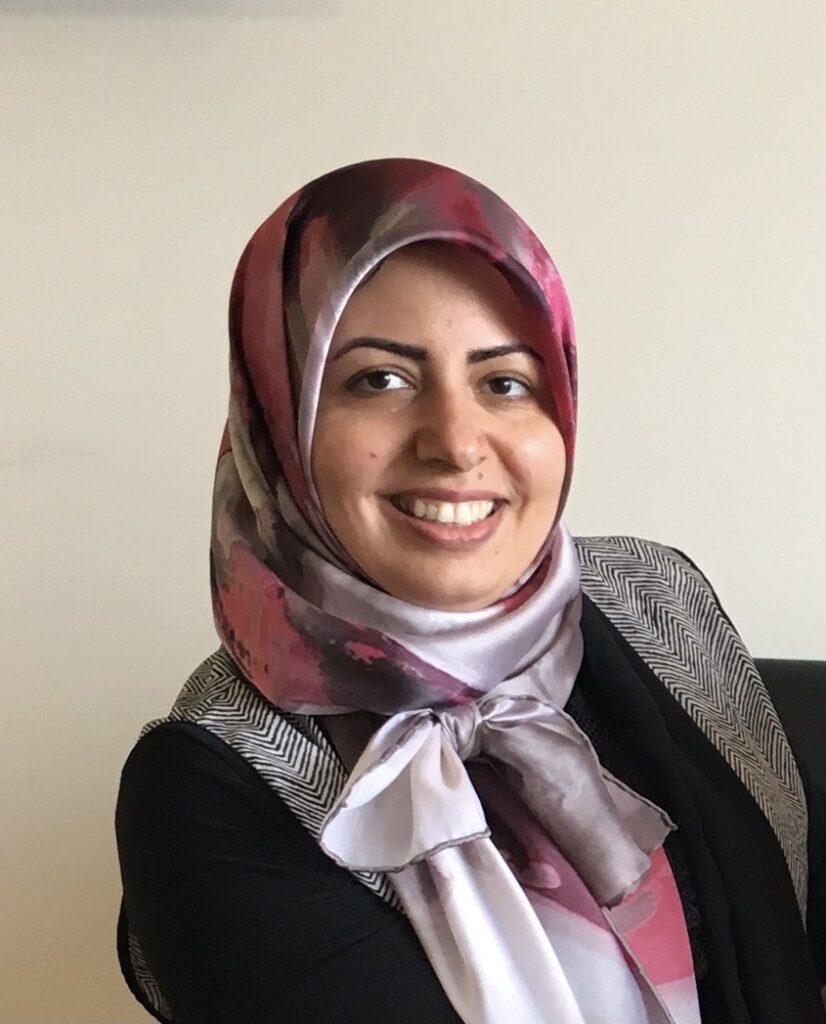
Guest post by Farnoush Davoudi, mother of an Autistic girl.

The first Autism Day after my daughter’s diagnosis, I cried my eyes out over a Facebook post that said: “Every day is Autism Day for my parents.” This year, I saw a post that said: “April 2nd was Autism Acceptance Day, but in our house, it was just another Wednesday,” and I smiled.
Why did two posts, both essentially saying the same thing, bring such different reactions? The first one came when I was still drowning in grief, and the second one met me where I am now — living in acceptance.
When we first hear the word “autism” applied to our child, it’s not unusual to grieve. Not because we lost our child — they are still right there, maybe spinning in circles, lining up toys, or talking passionately about dinosaurs or trains. The grief comes from the sudden shift in the story we thought we were living, the parenting journey we imagined, and the joy we assumed would be ours. We grieve the expectations we had, not our child.
Just like any grief, healing begins when we stop resisting what is and start making peace with it. Acceptance isn’t a single moment; it’s a process that requires honoring and leaning into our children.
To honor our child means loving and accepting them as they are, not as we (or others) expected them to be. Honoring means stopping the urge to fix them and choosing to understand them instead. It’s seeing their joy in the spinning, not trying to stop it. It’s recognizing that if a fabric feels wrong, it is wrong, even if we chose the “right” outfit for them. It’s accepting that routine brings comfort, even if it means repeating the same things every day. It’s understanding that communication may not always look as we expected, and still, we listen and respond.
To lean in means we turn toward our child, even when it’s hard, even when we feel lost or uncertain. It’s sitting with them through the meltdown, offering comfort in the chaos instead of walking away. It’s truly listening when they talk about trucks for the tenth time, showing interest even if we don’t fully understand the passion behind it. It is offering our presence even when solutions aren’t clear. Leaning in is about showing up, not just in the easy moments, but especially in the challenging ones, and reassuring them that they’re not alone in their journey.
There’s another layer to acceptance we don’t talk about enough — accepting ourselves.
When I was a rookie autism parent, I read posts from other parents who seemed calm, confident, even joyful. Meanwhile, I was overwhelmed, exhausted, and snapping at the people I loved. My life felt like shattered glass I couldn’t piece back together. Back then, I believed I had to silence the difficult feelings to become someone like those put-together parents. I told myself, “I shouldn’t complain — my child has it harder, I need to be strong, and there’s no room for my emotions right now.” I was denying my pain, yet I still felt exhausted, sad, angry — and worst of all, I felt guilty for having those feelings. But here’s the truth I’ve learned: It’s okay to feel all of it!
It’s okay to say, “This is hard.” That’s not the same as saying, “My child is the problem.” It’s saying, “I love my child so much, and sometimes the emotional weight of parenting, loving, and showing up every day can still feel overwhelming. You can be the most devoted and strongest of parents and still have moments when you just want to hide from the world and fall apart. You can feel both immense pride and deep exhaustion at the same time. Holding both joy and struggle doesn’t mean you’re failing. It means you’re showing up with love, even when it’s hard.
Some days, you carry the world. Some days, you can’t stop crying. Some days, you dance in the kitchen and feel so proud that your heart could burst. All of it belongs.
Remember, my friend. We’re not just raising a child. We’re growing too. We’re learning to slow down, to listen more deeply, to unlearn harmful ideas, and to rebuild something rooted in compassion. We’re becoming more whole, not despite the challenges, but because of them. That kind of growth is messy, brave, and worthy of honor. So please, don’t feel guilty for feeling all those heavy emotions. They’re not weaknesses — they’re growing pains.
So, if Autism Acceptance Day felt heavy on your heart this year, that’s OK. The heartache is a reminder — an invitation to choose acceptance over guilt and grief. Because once you begin to truly live in acceptance, April 2nd becomes just another Wednesday, one filled with presence, connection, and love.